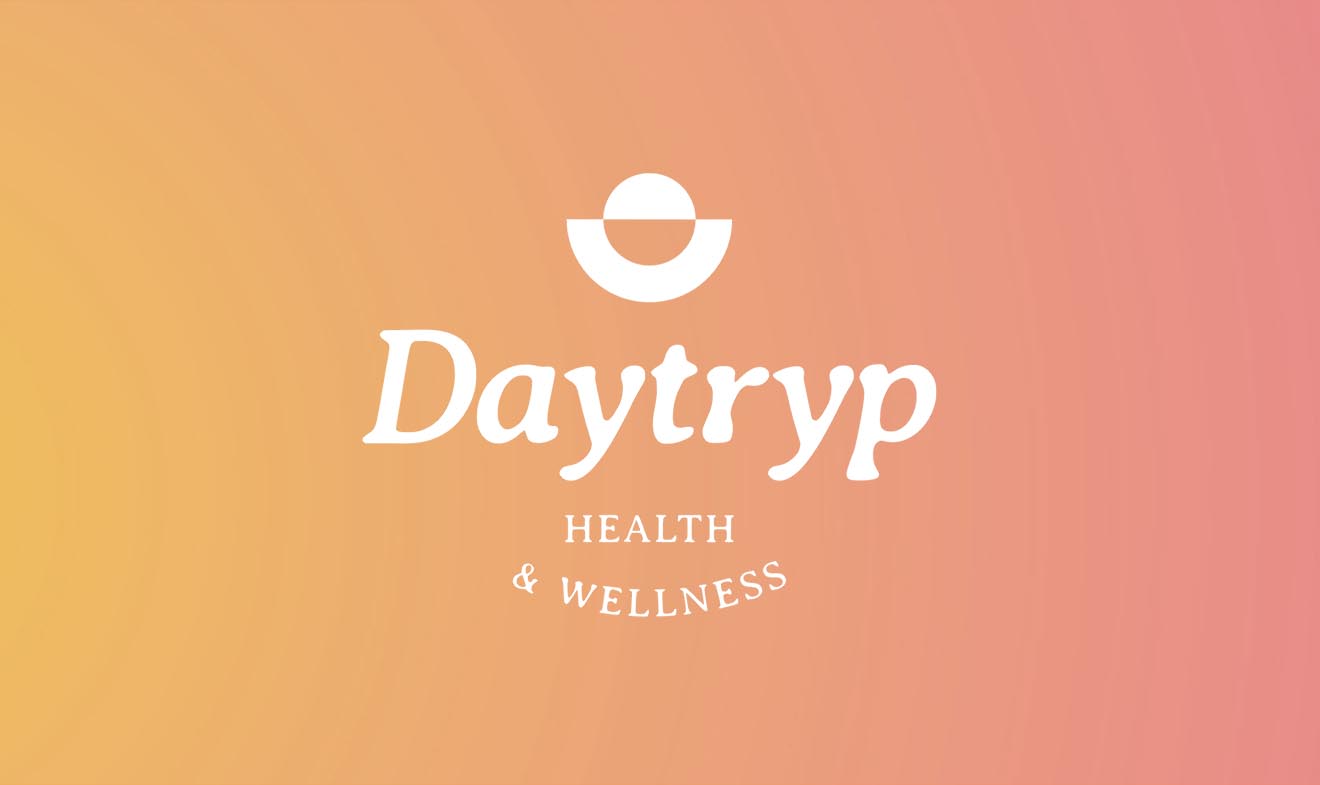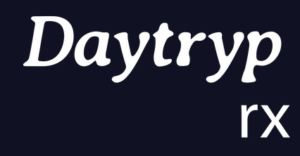Mental health conditions, such as anxiety, depression, PTSD, mood disorders, and addiction can greatly affect an individual’s life quality. Conventional treatments often do not provide the desired results, leading many to seek more effective alternatives. A groundbreaking treatment that combines NAD+ and ketamine offers a beacon of hope for those battling mental health conditions. This article explores the details of this therapy and its potential advantages.
Ketamine: An Overview
Ketamine, first formulated in the 1960s in Belgium as an animal anesthetic, received FDA approval in 1970 for use in humans. Unlike other anesthetics, ketamine does not necessitate the patient to be on a ventilator, as it does not impact breathing. Heart rates are monitored during treatment.
Over time, anecdotal evidence suggested that ketamine could help alleviate depression, even in individuals unresponsive to other antidepressant drugs. While responses to ketamine vary, positive outcomes have been observed in reducing suicidality and symptoms of depression, social anxiety disorder, depressive anxiety, PTSD, other mood disorders, and even chronic pain syndromes.
Furthermore, ketamine has shown potential in treating alcohol and heroin addiction by reducing cravings during Post-Acute Withdrawal Syndrome (PAWS). However, ketamine use is not without risks and should always be administered under the guidance of a healthcare professional.
The Combined Power of NAD+ Therapy and Ketamine Therapy
Emerging research suggests that ketamine and NAD+ therapy can work synergistically to support addiction treatment and mental health conditions. Studies indicate that individuals with low cellular NAD+ concentrations are at a higher risk of developing depression, anxiety, mood disorders, addiction, and chronic disease.
Enhancing NAD+ levels through supplementation and NAD+ IV therapy can significantly mitigate oxidative damage and reduce chronic disease risks. Given that depression, anxiety, and addiction risks increase with low NAD+ levels, and these conditions’ symptoms can be treated with ketamine, medical specialists are exploring the combined use of NAD+ and Ketamine therapy.
Ketamine helps block the receptors contributing to the most damaging symptoms of mental health disorders, while NAD+ promotes a healthy neurotransmitter balance for the long term. Conditions that may benefit from combined ketamine/NAD+ therapy include depression, anxiety, stress disorders, mood disorders, acute and chronic pain, fibromyalgia, PTSD, autism and other spectrum disorders, obsessive-compulsive disorder, protection against dementia and Alzheimer’s Disease, cognitive enhancement and memory impairment, and addictions.
Is Combined Ketamine and NAD+ Therapy Right for You?
While the research around combined ketamine and NAD+ therapy is promising, it is still in its early stages. It is not suitable for everyone, especially those with a history of heart health issues. If you are considering this therapy, it is crucial to consult with a medical professional experienced in administering ketamine and NAD+ therapy.
In conclusion, NAD+ therapy and supplementation have been extensively studied to address the root causes of an increased risk of chronic and mental health diseases. Ketamine has shown promising applications in treating mental health conditions. Together, NAD+ and Ketamine can be administered to help treat various mental health conditions, including anxiety, depression, addiction, and PTSD.
If you or someone you love are grappling with one or more of these mental health conditions and have found little success with other therapies, contact Daytryp Health to learn more about the potential of combined NAD+ and Ketamine therapy with an experienced medical specialist.










 Daytryp Health has taken
Daytryp Health has taken  The
The 